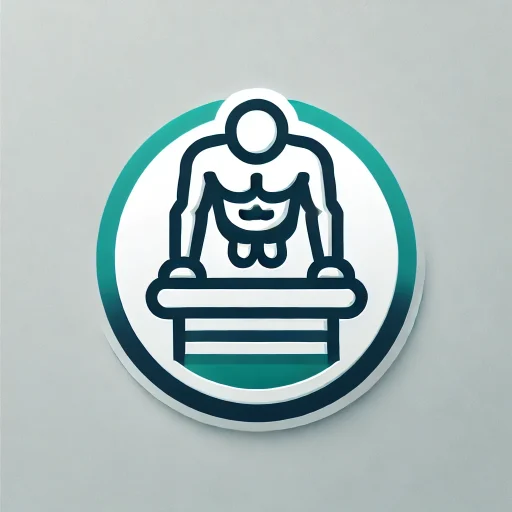Hello everyone! The announcement of the selection results for the body of court clerks is finally here, and it’s a crucial moment for many of you. Those aspiring to this position are eagerly awaiting news regarding the laureates who will enter this new era promised by the reforms starting in 2025. Hang on, as we will dive into the details of the results, the appointment schedule, and the impacts on your professional future!
The results of the eligibility list for 2025
The results of the selection for the body of court clerks have been unveiled, causing a wave of enthusiasm among the candidates. 1,200 laureates will be appointed as of January 1, 2025, followed by 340 additional laureates starting July 1, 2025. This is a significant advancement for those aspiring to a rewarding career within the judiciary. Let’s also celebrate these new appointees who have crossed this significant milestone in their professional journey.

The different stages of the selection process
The path to the body of court clerks is not simple. The eligibility list is the result of a rigorous process, taking into account various criteria such as experience and skills. Each candidate must prepare meticulously to stand out. But what awaits them once appointed? The laureates gain privileged status and can hope for a promising career advancement in a normative environment. An overview of how clerkships operate allows us to understand the importance of this selection.
The appointment schedule for court clerks
Here is an overview of the schedule for the establishment of court clerks:
- 1,200 appointments in January 2025
- 1,000 appointments in July 2025
- 1,000 appointments in January 2026
This represents an exciting and promising period for clerks, with advancement opportunities at stake. Having an overview of these aspects can motivate candidates to prepare better for the next steps in their careers.
Impact of the reform of court professions
The reform of court professions has redefined the professional landscape and introduced a new career path for clerks. This includes access to the highly desired category A for 3,200 clerks. Although access to this category is not currently open to all, the ongoing efforts of CFDT to advocate for this evolution are reassuring. The working conditions and respect for the profession are at the forefront of concerns, ensuring better recognition of clerks’ work.
The implications for laureates
Becoming a category A court clerk opens the door to numerous prospects. Not only do candidates benefit from a salary increase, but they also gain access to positions of responsibility. This evolution represents a significant advancement in the careers of these professionals. The implications of these changes can transform how clerkships are viewed and managed in the future. Transitioning to category A provides a favorable framework for mutual support and collaboration among court professionals.

The challenges ahead
Despite the good news, challenges persist in terms of professional evolution. The CFDT continues to demand broader access to category A for all clerks, a priority for the future of the profession. The obstacles faced by some candidates must not be underestimated. Everyone must fight for better recognition and a future that is worthy of all the hard work accomplished.
Social and professional implications
The selection for the body of court clerks can also have significant social implications. It affects not only how the judge is supported in their decisions but also impacts society as a whole. A good clerk plays a central role in ensuring the proper functioning of justice. Thus, empathy, rigor, and perseverance are essential qualities attributed to them.

The importance of empathy and rigor
Clerks are not just civil servants; they play a key role in the smooth functioning of justice. In this sense, empathy and rigor are two inseparable elements of their profession. They must ensure rigorous oversight of cases while being attentive to the needs of the parties involved. This duality requires a preparation and commitment that few are willing to provide. Moreover, the evolving mindset surrounding their profession could enhance the image society has of them.
Path toward a promising future
The recent appointments and the path to the body of court clerks testify to a promising future for these professionals. By remaining aware of the challenges and relying on the actions of organizations like CFDT, they can chart a better course ahead. Staying proactive in their approach is crucial. Laureates must prepare for what this entails, both professionally and personally.
Toward a strengthened partnership
It is essential for clerks to work together to ensure a positive impact in the justice system. Mutual support among colleagues and collective initiatives can help overcome the challenges ahead. The legal landscape is evolving, and with it, the need for collaboration will only grow stronger. Encouraging a solid network among clerks is essential to foster a healthy work environment.

The role of the community
Clerks must also turn to their community to bring about positive changes. Participating in local initiatives can strengthen their position and influence within the legal structures. By establishing connections with citizens, clerks can better understand their needs and adapt their services accordingly. This connection is essential for building a just and equitable society.
My name is Lucas, and I am a fitness coach specializing in sports and well-being. Passionate about fitness and health, I am here to guide you on your journey toward better physical shape and a healthier life. Together, we will reach your goals and help you exceed your limits!


